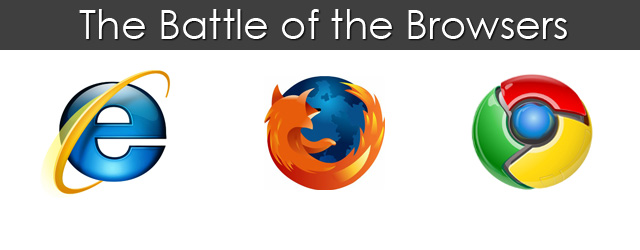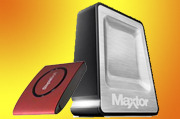
SanDisk improves its Connect Flash Drive, which can connect up to eight devices SanDisk showed off a 64GB version of its Connect Wireless Flash Drive at the 2014 International CES show on Monday, an upgrade to a small drive announced last July that lets users send data such as photos and videos across platforms via Wi-Fi.

Open source isn't just about saving money -- enterprises are adopting it to develop applications faster, with higher quality components When individual developers think of open source, they think "free." And with good cause: Who in their right mind wouldn't be interested in technology that they can get at no cost and use with few licensing restrictions? When companies think of open source, these days they think "business agility," a quality they increasingly value above all others in the fast-changing marketplace.

MRAM and RRAM chips are starting to move beyond niche and could change your PC experience in a few years New chips that blur the line between computer memory and storage are starting to move beyond niche applications and could change how we use PCs, an industry analyst said Sunday. The chips would enable the same instant-on capability that's common on tablets, but at much higher performance, said Tom Coughlin, founder of Coughlin Associates

Google thinks it might have found an answer to the vexing problem of forgotten or weak passwords: "physical" passwords, which might come in the form of a piece of jewelry such as a ring. In a research paper, two of its engineers write that current strategies to prevent the hijacking of online accounts, including the two-step identity verification system, are insufficient, partly due to the constant threat of attacks that exploit new bugs. Google highlights phishing, in which hackers dupe account holders into revealing sensitive information by making them sign into a fake account login page, as one of the biggest security threats of today.

The breakthrough could help millions of people suffering from Multiple Sclerosis, Parkinson's, muscular dystrophy and, potentially, opens the door to a new era of hands-free computers, allowing us to use them without a mouse, keyboard or touch screen. For the lead researcher Dr Aldo Faisal, a neuroscientist at Imperial College in London, the new device only came about because of his obsession with disassembling gadgets. "We originally created the device for £39.80 ($64) but recent falls in the price of video game console cameras mean we could now actually make the same device for about £20 ($32) Aldo Faisal "I like to play with gadgets and was playing with a popular video-game console," he said. "I hacked it and discovered it was very fast and better than any webcam for movement. Actually, it was so fast that I found we could record eye movement with it."

It hasn't been the best month for Internet Explorer given the recent zero-day attack, but the Microsoft browser got some good news today with a new test that shows it's by far better at stopping malware than Google Chrome, Mozilla Firefox, and Apple Safari. NSS Labs today released the results of tests it conducted on the major browsers to determine how they defend against malware associated with bank fraud, password-stealing, phony antivirus, and click fraud. IE fared best, blocking 95 percent of all malware-related activity, followed by Chrome, which blocked 33 percent, and Firefox and Safari, which blocked less than 6 percent.

I suspect that you accidentally repositioned the taskbar from the bottom of the screen to the side. This isn't a matter of hitting the wrong hotkey, but of dragging the mouse from the bottom of the screen to the side (or top).

Not backing up is as crazy as not updating your antivirus software--or not wearing a seatbelt. You're begging for disaster.There are many techniques, strategies, and programs for backing up your files. I'm not going to even try covering all the bases here. I'll just hit the most important issues and make some recommendations.

You know those times when you want to upload a new photo to, say, Facebook or Pinterest? The typical browser-based upload tool forces you to click through countless folders until you find the one you want. It's a slow and often maddening dance

As free and open source software continues to become more powerful and more prevalent, there's less and less need to choose anything else.
It's not at all surprising, for example, to see the recent growth in usage of desktop Linux, or similar trends in software like Firefox and LibreOffice.
